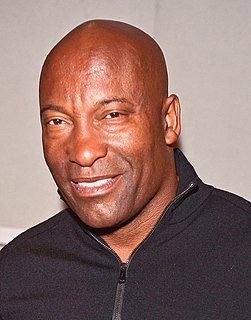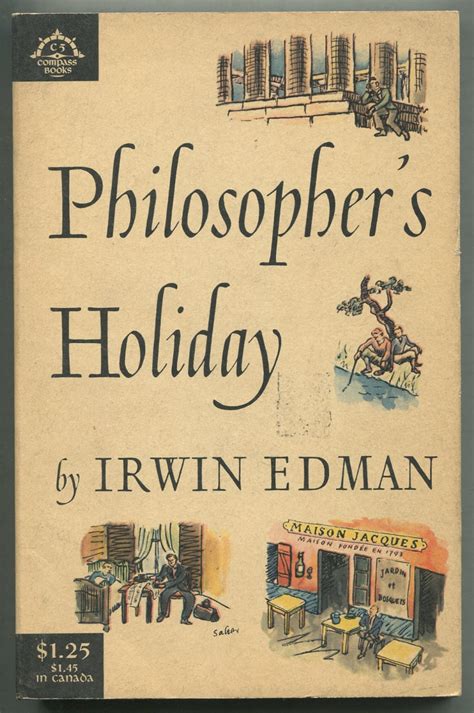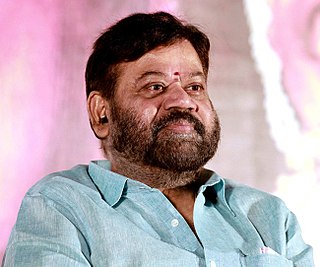A Quote by Henry Wadsworth Longfellow
Dost thou know what a hero is? Why, a hero is as much as one should say, a hero.
Related Quotes
Heroes come in all sizes, and you don't have to be a giant hero. You can be a very small hero. It's just as important to understand that accepting self-responsibi lity for the things you do, having good manners, caring about other people-these are heroic acts. Everybody has the choice of being a hero or not being a hero every day of their lives.
When you see the violence of Hollywood movies, there is a tendency that the hero is combating and confronting many people, without much harm to himself. But in my films, the hero takes a lot of hits so the very act of the hero being the one on the receiving end, makes the audience cheer and connect with him.
Part of what we want to do with the Heroic Imagination Project is to get kids to think about what it means to be a hero. The most basic concept of a hero is socially constructed: It differs from culture to culture and changes over time. Think of Christopher Columbus. Until recently, he was a hero. Now he's a genocidal murderer! If he were alive today, he'd say, "What happened? I used to be a hero, and now people are throwing tomatoes at me!
You know who it is? It's me in 10 years. So I turned 25. Ten years later, that same person comes to me and says, 'So, are you a hero?' And I was like, 'not even close. No, no, no.' She said, 'Why?' I said, 'Because my hero's me at 35.' So you see every day, every week, every month and every year of my life, my hero's always 10 years away. I'm never gonna be my hero. I'm not gonna attain that. I know I'm not, and that's just fine with me because that keeps me with somebody to keep on chasing.





































